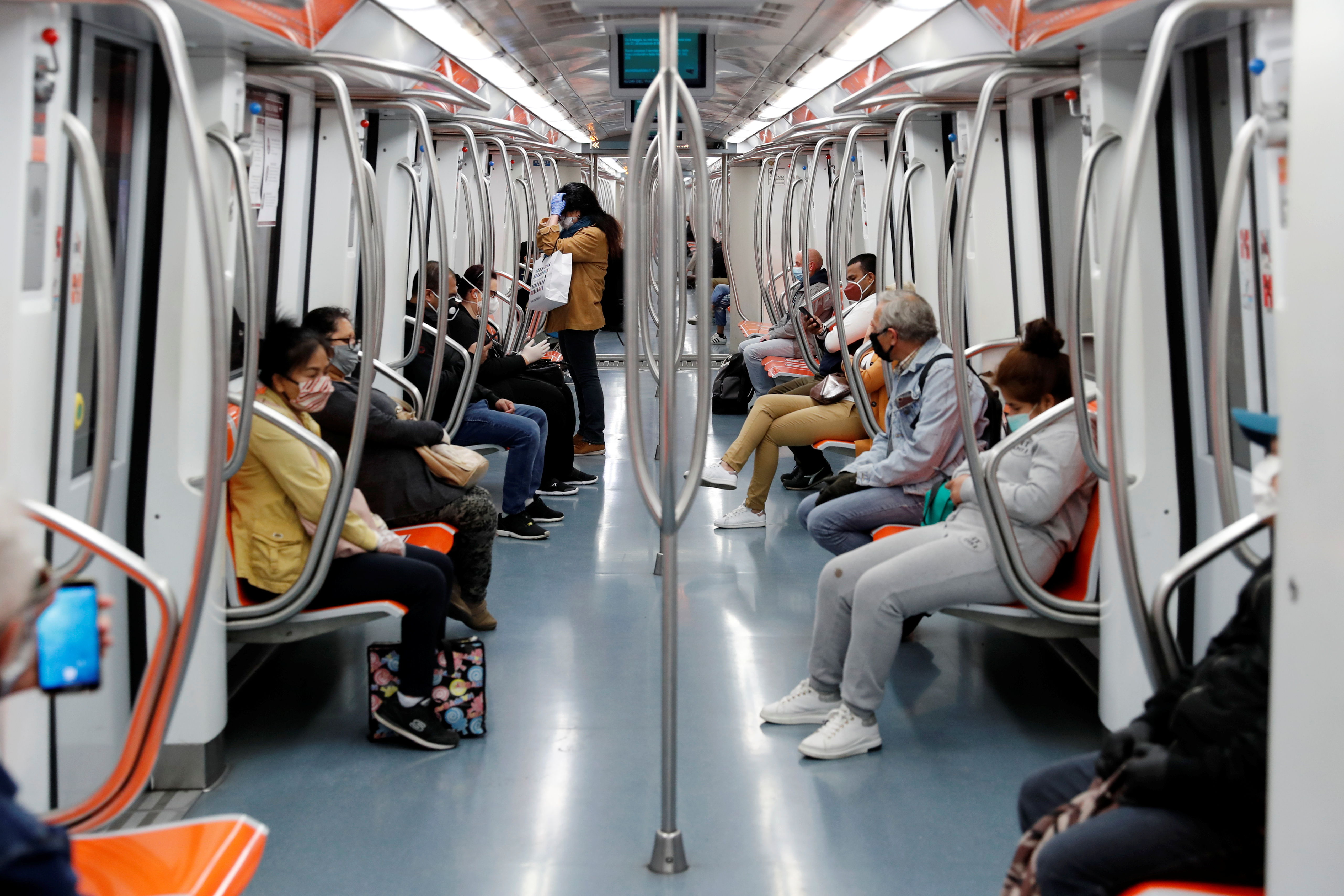Gianfranco Battisti hailed the initiative as a way of reviving travel after more than a year of coronavirus restrictions.
“All staff and passengers will be tested for coronavirus before boarding,” he said at an event at Rome’s main train station.
After the Rome-Milan route – Italy’s busiest – the initiative will be adopted for major tourist destinations like Venice, Florence and Naples in the summer.
Before the pandemic struck, tourism accounted for 14 per cent of Italy’s economy, Prime Minister Mario Draghi told parliament last month.
Lockdowns and other coronavirus restrictions have had a devastating impact on the industry, with hotels and restaurants forced to shut for months.
Overnight stays by foreign tourists were down by almost 70 per cent, year-on-year, in January-September 2020, according to official data released in December.
Under current restrictions, people living in Italy are also currently prohibited from travelling between regions or towns for non-essential reasons, making even domestic tourism impossible.
Battisti was speaking on Monday at Rome’s Termini station, where Ferrovie dello Stato presented the treno sanitario in the presence of Italian Health Minister Roberto Speranza.
The so-called “medical train”, equipped with intensive care facilities, is designed to transport up to 21 patients to other areas of Italy or abroad to ease the pressure on hospital facilities.
The treno sanitario was presented at the inauguration of the COVID-19 vaccination centre at Termini station, which will be capable of administering 1500 vaccines a day.












